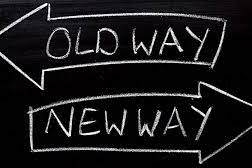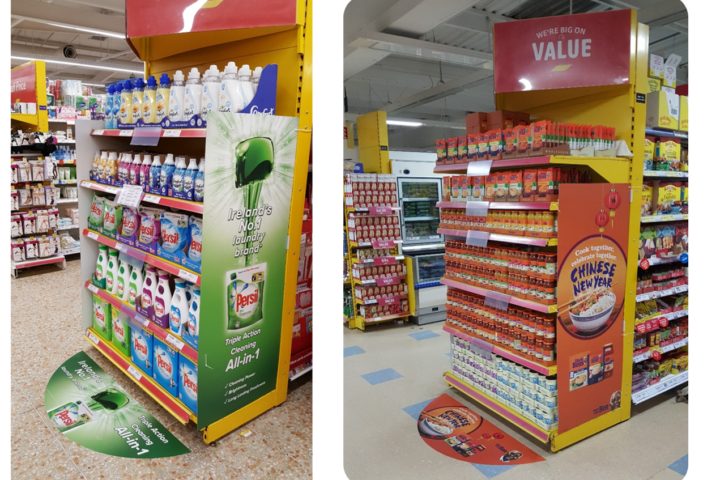

Market Trends and Direct to Consumer Opportunities
As Irish retailers and brands continue to struggle with COVID restrictions, the country’s retail economy is deeply impacted, and the pressure on businesses to bring it back on track is huge.
The pandemic has hit Ireland’s retail industry hard, especially brick-and-mortar retailers, throwing at them a lot of tough challenges to battle, and some fast-emerging market trends to keep up with. But at the same time, it has also opened up some massive opportunities for retailers to grab and remain competitive despite the impact of COVID-19 on the market.
As Irish peoples travel is curtailed to practice social distancing and the government restricts retail outlets as a pandemic-prevention measure, smaller retail shops started losing revenues. The rise in online shopping of essentials, groceries, and food and beverages; and the growing demand for home-delivery services is pushing retailers to come out of the shell, and try innovative business models for sustainability.
Retailers have now come to realise that e-commerce is the most dependable anchor to hold on to and omnichannel is the future of the industry. Among the other trends that have popped up in retail since the outbreak of COVID-19 is the growing shift towards direct-to-consumer sales by retail businesses, FMCG brands , fashion brands, and even farmers across the country.
In a direct-to-consumer model, manufacturers or retailers sell directly to the consumer without the involvement of middlemen such as third-party sellers, wholesalers, and retail outlets for distribution. Typically, this is done by setting up an online shopfront, or even a social media page, from where customers can browse and place orders. The company then directly ships products to consumer locations with the help of an in-house transport facility or third-party transporters.
Direct-to-consumer selling has been a slowly rising trend for quite some time now. According to a report by KPMG, web traffic to D2C sites has doubled in the last two years. However, the pandemic has given a big push to retailers and consumer goods businesses to sell directly to consumers, causing a sudden boom in the market.
Fashion brands like Levi’s, Nike, and Adidas are going big on D2C sales, reinventing their web shops, regularly introducing new products, and offering personalized product options to their consumers. Irish multiples with established retail chains such as Dunnes (through Buyme.eu) and SuperValu are also banking on this opportunity and selling online to fulfil the demands of Irish consumers.
The biggest advantage of going direct to consumers via e-commerce is that it allows brands to build a relationship with their end consumers, and nurture it with effective communication and quick grievance resolutions. It is also a cost-effective selling option for manufacturers and retail brands, who otherwise have to spend hundreds of euros on secondary distribution to wholesalers and retail shops.
But, at the same time, direct to consumer selling is difficult for retail brands. There is some serious competition from large-scale online retailers like Amazon, who have been in the market for years now and have a massive customer base. Another challenge faced by retailers, especially small brick and mortar sellers in going online is the ability to promote their online presence effectively to a larger audience.
While selling directly to consumers, manufacturers and retailers must also consider the logistical challenges that can come up. Not all brands may have the best transport management system in place and might have to rely on third-party logistics companies to ensure effective last-mile deliveries.
Coronavirus has shown us that direct-to-consumer selling is the next big thing in retail, but in order to make it a huge success, brands need to strategically implement this business model. Efficient logistics is a must-have to ensure two-day and same-day deliveries, and technology such as fleet management, order-tracking, and live status updates will play a crucial role in uplifting customer experience in D2C selling.
Lites Group as a business can support brands by selling direct to consumer at their doorsteps. We provide canvassing teams who will close sales directly with consumers. Our call centre teams can support brands with customer service. We currently work with a number of brands to support their direct-to-consumer proposition. Contact us today to hear more.
Martin

